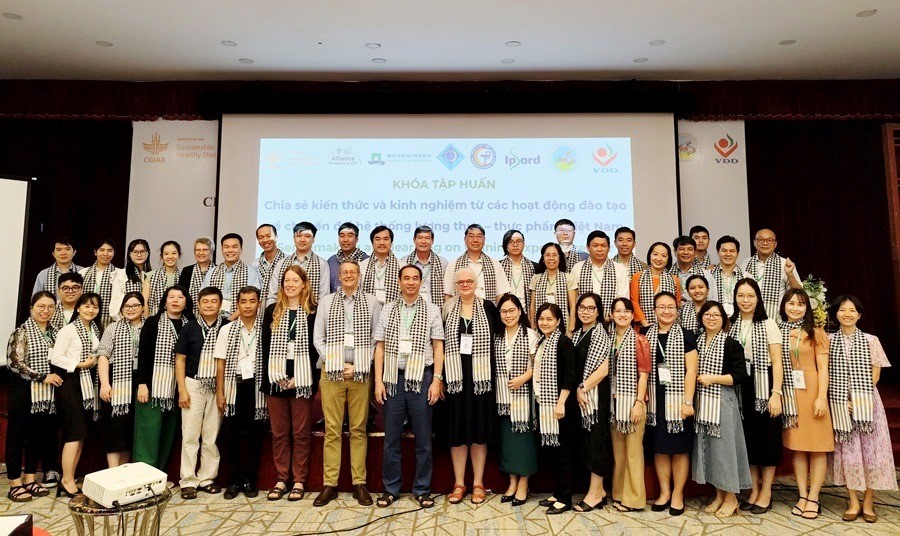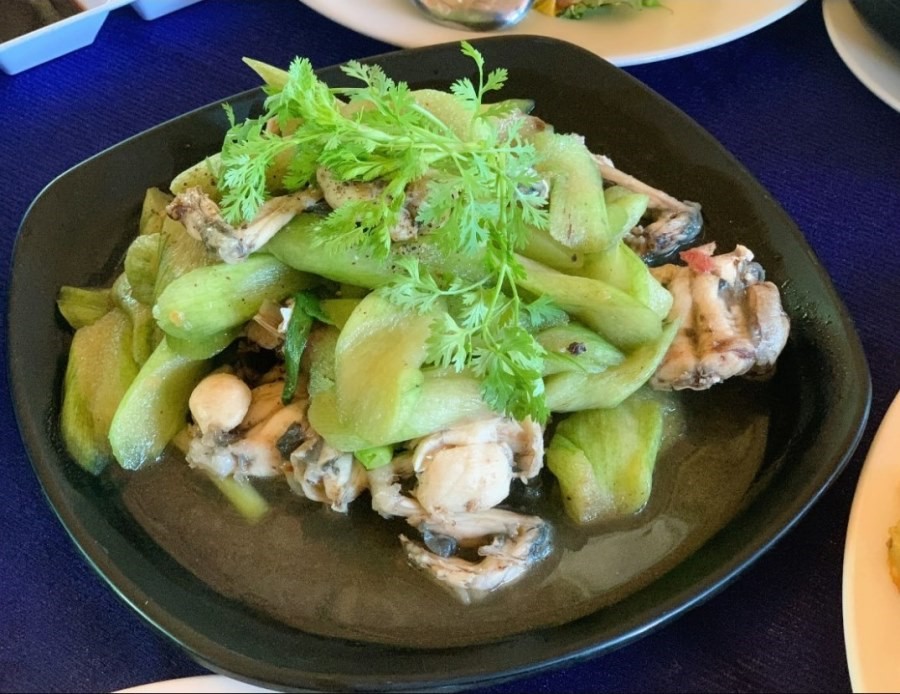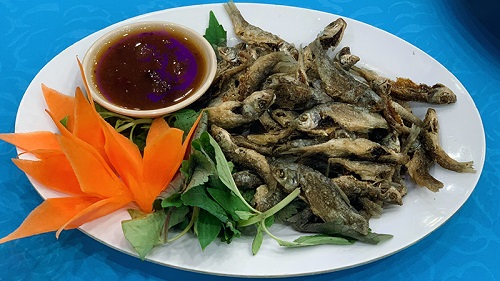
The workshop drew participation from numerous delegates from universities, research institutes, SHiFT partners, and representatives from Son La and Dong Thap provinces. Dr. Ho Hong Lien from Can Tho University, part of the Organizing Committee, shared that SHiFT is the only CGIAR initiative (2022-2024) primarily focusing on ensuring sustainable, healthy diets for communities. Vietnam is one of three target countries in this initiative, alongside Ethiopia and Bangladesh. The primary goal is to increase the demand for healthy diets while supporting micro, small, and medium enterprises in providing nutritious, safe, and affordable foods, ultimately aiming for a sustainable food system.
The workshop held in Can Tho City has three main objectives: (1) to share experiences in training and transforming the food system in Vietnam; (2) to enhance cooperation among stakeholders involved in the SHiFT initiative; and (3) to expand opportunities for implementing training-of-trainers programs focused on food system transformation in Vietnam.
Associate Professor Dr. Dao The Anh, Deputy Director of the Vietnam Academy of Agricultural Sciences, stated that transforming the food system in Vietnam is essential due to the impacts of climate change, the depletion of land and water resources, and the growing consumer demand. He emphasized the need for an interdisciplinary approach and multi-target strategies to tackle food security issues, ensure access to safe and nutritious food, and adapt to climate change. The roadmap for this system transformation includes promoting sustainable consumption and safe production, building competitive and equitable value chains, and enhancing resilience to change.
Inge Brouwer, the Director of the SHiFT initiative, emphasized that addressing food security issues must focus on consumers. She believes that efforts to enhance access to and acceptance of healthy diets should be designed with the consumer in mind, supporting food suppliers and small businesses to offer sustainable food options. Collaboration with national partners in policy development is essential for creating effective strategies that promote healthy and sustainable diets.
Dr. Elise Talma from Wageningen University and Research in the Netherlands highlighted that poor-quality diets are the primary cause of malnutrition and diet-related non-communicable diseases. She noted that over one billion people worldwide cannot afford a healthy diet. Additionally, current food systems are unsustainable and exceed the planet's limits. Following the United Nations Food Systems Summit (UNFSS) in 2021, many countries, including Vietnam, have developed plans to transform their food systems.
Dr. Elise Talma emphasized that national policies should promote healthy diets by focusing on consumer perspectives. This includes implementing interventions to change behavior and consumption patterns, such as establishing national guidelines for healthy, food-based diets. Additionally, initiatives like nutrition-secured agriculture programs, social protection measures, school meal plans, and nutrition programs are essential. Reforming the food environment is also crucial, which involves introducing front-of-pack labeling, imposing taxes on unhealthy foods, and providing subsidies for healthy foods.
The workshop also focused on developing training methods and tools, building provincial food system profiles, and analyzing and planning actions appropriate to each local context. Can Tho University will lead the coordination with partners, develop training materials, cooperate with localities, research institutes, and universities at home and abroad, and organize training courses on sustainable food. The workshop is a forum for knowledge sharing and a new step forward in cooperation and training on food in Vietnam, with the long-term goal of building a sustainable, transparent, and responsible food system, contributing to improving public health.
Kim Xuyen - Translated by Hoang Dat












